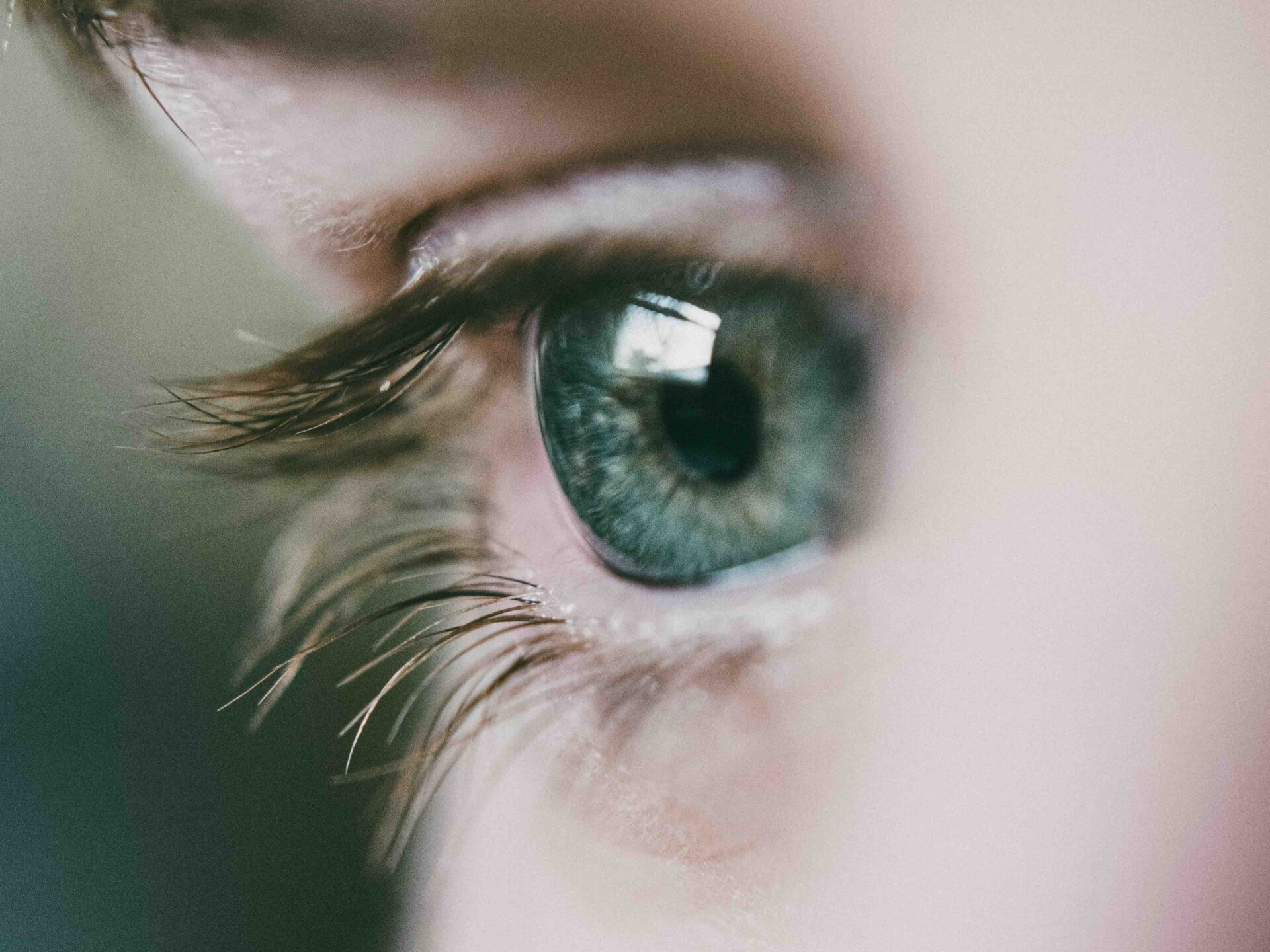My experience with LASIK MD corrective eye surgery has truly been eye-opening, and I cannot recommend it enough.
I’ve worn glasses since I was eight years old, just like everyone else in my family. When I first got them, I felt like I was finally part of the club. But through the years, the limits of glasses have worn me down. From worrying about them breaking to being limited in my physical activity, I grew to hate glasses. When I ran in gym class, my glasses bounced up and down, making me dizzy; I couldn’t wear them on roller coasters or waterslides; and I had to swim underwater basically blind.
When I discovered contact lenses, my world changed… for a while. I quickly got used to wearing contacts and I loved the way they allowed me to see without a pane of glass in my vision. Those tiny invisible lenses allowed my face to be free from the temples and nose pads which so often left indents and gave me headaches. As a chronic napper, however, my contacts dried out and left my eyes irritated. The monthly shipments, daily applying/removing, and expensive cleaning solution for my contact lenses were also extremely annoying, and I soon went back to glasses for the convenience of a simple and quick vision solution.
Around the age of 14, I discovered that laser eye surgery could correct your vision, and I was enamoured. My mother told me I had to wait until I was 18, though. Okay, I could do that. Then I was told I had to wait for my vision to stabilize, which was awful to hear since my vision was always worsening. I lost hope.
Two weeks ago, however, I saw a Black Friday promotion for LASIK MD eye surgery: up to $500 off, and a free consultation to see if I qualified. I couldn’t pass up the opportunity and booked the appointment immediately.
The consultation consisted of many tests and microscopic examinations of my eyes, as well as some eye–drops to test the liquidity of my tear ducts. I was a perfect candidate.
Because of my astigmatism, I was quoted about $2,000 per eye (plus all kinds of other expenses). It wasn’t cheap, but I’d dreamed of being able to see without glasses for years, and I knew it would be life changing, so I looked into monthly payments and found the right plan for me (about $200 a month for 24 months).
The day of the surgery came around, and I was told I would be there for three or four hours. However, it was more like two, and the surgery itself was less than 15 minutes. After taking all the measurements and redoing the tests to make sure my eyes hadn’t drastically changed after the consultation, they gave me a relaxant and set me up. I lay down flat on a bench with a dent for my head. They put a pillow under my knees, gave me two stress balls to keep my hands occupied, and put a weighted blanket on me. I was as snug as a bug in a rug. I had a similar feeling going into surgery as going to the dentist’s chair, but at LASIK they made me feel ten times more comfortable.
With numbing eyedrops, I was told to stare straight at a green light, which was a bit hard considering my vision went completely black for a few seconds with each eye. There was a strong pressure on my eye, like someone pressing a contact lens onto my cornea a bit too hard… and then a lot of lights in my eyes while tape held my lids open. It was uncomfortable but didn’t hurt.
As I write this now, it has been approximately 18 hours since I got the eye surgery, and besides having to wear some protective sunglasses, my eyes are healed. It feels like a miracle. Anyone with glasses knows that the very first time they get glasses, the world in its clarity is almost enough to make you tear up. People blessed with perfect vision cannot know the feeling, but trust me when I say it is life-changing to see clearly again.
Despite our country having “free health care,” the government didn’t help at all in the payment of this surgery. For anyone unlucky enough to be born with bad eye genetics, they will have to spend thousands in their lifetime just to be able to see (between the cost of eye doctor examinations, lenses, frames, contacts or surgery), while others are lucky enough to be born with (and keep) 20/20 vision. Despite common beliefs, 20/20 vision isn’t perfect vision: it’s just considered the “normal vision acuity (the clarity or sharpness of vision) measured at a distance of 20 feet.” Only about 35 per cent of adults have 20/20 vision without corrective lenses or surgery.
I find it absolutely insane that I have to pay to see. That being said, it was the best money I’ve ever spent.

